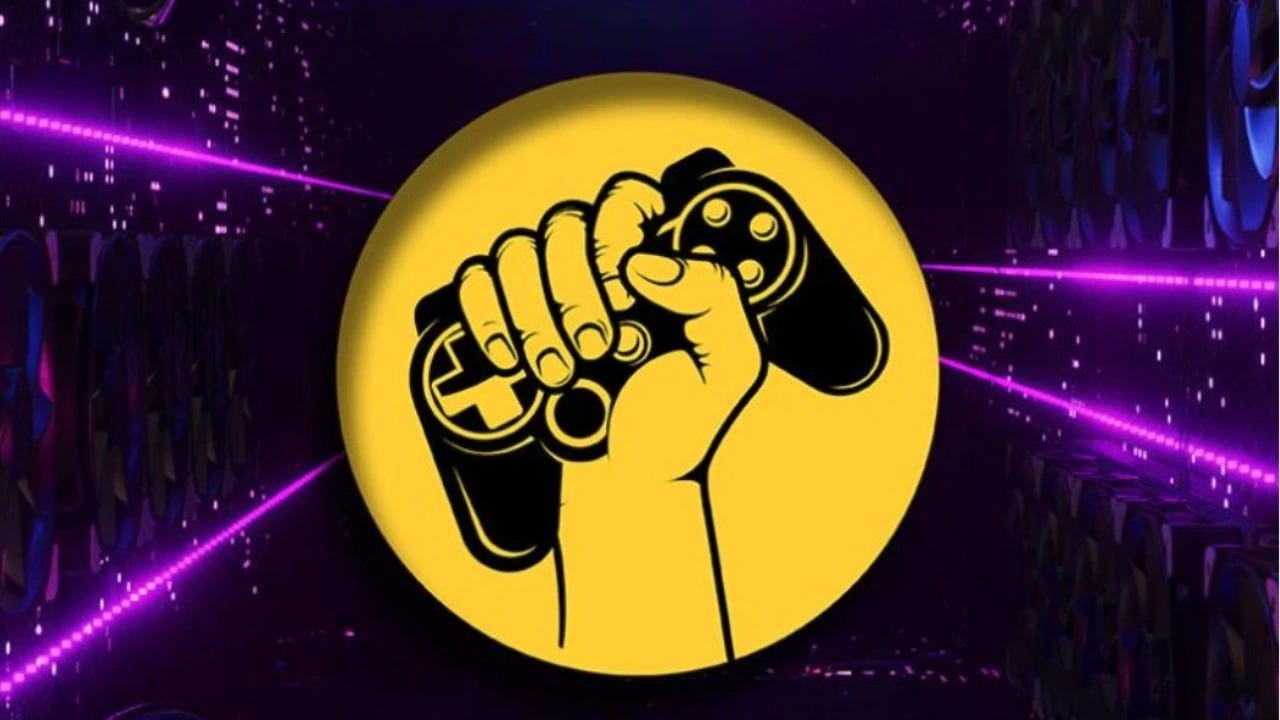WWW.GAMEDEVELOPER.COM
SAG-AFTRA publicly releases its proposed AI terms to end strike
SAG-AFTRA has publicly released its new proposed terms protecting against exploitative generative AI practices, responding to an offer made by video game companies on April 30.The response, issued on May 2 and now shared publicly, details union counters on specific terms and language used, as well as more plain-language explanations. Some examples include tweaking "voiced dialogue" to "vocal material" to include monster/creature sounds or efforts and cover said performances, as well as pursuing clarity on how companies will keep track of performances to pay workers when they use them at a later date.This includes the Secondary Performance Payment (SSP)—a one-time payment meant to help protect performance-capture acting performers from being fully displaced by generative AI. The union said it‛s willing to give on the amount of payment, allowing for an annual audit, making said payment optional rather than mandatory. It also rejected the 12-month limit on reporting about the use of an actor‛s performance "because games take much longer than 12 months," as per the response, and workers might need information that goes farther back than said period.Employers originally wanted to provide AI protections solely to new performances under the interactive media agreement (IMA). In short, anything done previously, as well as performances taken from outside the IMA would be given no protections. Now, companies are willing to cover any work done under the IMA, no matter when it was recorded, as a digital replica.Related:Studios are pursuing a model where they can use a performer's replica for a franchise they've worked on before (without special permission), but willing to pay minimum scale. SAG-AFTRA holds that companies should always have to let the worker know and get their explicit consent first."Some companies pay session by session for performers to record for pre-production, whereas many don't pay for this work or don't use performers at all," read the response to this specific clause. "Paying a single session fee for all scratch use on a project is a middle ground."Replica use should require special considerationsThe union also rejected unlimited digital replica use buyouts "without a strong, clear justification.""We have repeatedly asked for why they can't pay by specific amount of use for performance they do typically track, meaning dialogue and visual performance for cinematics," SAG-AFTRA said. "No answer. Buyouts as a payment structure inherently benefit employers and make it harder for performers to make a sustainable living. This is evident wherever buyouts are introduced—more than a convenience, they are typically a purposeful discount to employers."Related:Some further context from the union: Most performers work fewer than seven sessions or so on this contract. If the buyouts were mandatory, every single actor would get them, and many performers would make more than they normally do, while the performers (leads, certain utility and movement performers) who work 10, 40, 70 sessions per game would stand to make "MUCH, MUCH less," signifying an issue for those performers.Yet, the buyouts are not mandatory, signifying "an issue for everyone" instead. If companies estimate that they need a worker‛s replica for fewer than six sessions' worth of material, or do not need the replica altogether, they won‛t offer a buyout. This changes if the replica is needed for more than six sessions.SAG-AFTRA also honed in on the specificity of requests for consent, demanding that companies should provide "both the number of lines/estimated days AND the negotiated payment in the usage report" handed to workers. "If they only report the payment and not how much material they made with your replica, you would never know how much value your payment represents," read the response.Related:"Because games are often large, dynamic worlds with tens to hundreds of hours of gameplay, it will be very difficult to confirm how much or in what way [the] employer used your replica without a detailed usage report."The ongoing strike has received bipartisan congressional support, while some studios are recasting actorsOn April 10, SAG-AFTRA received bipartisan congressional support for the union's Nurture Originals, Foster Art, and Keep Entertainment Safe (NO FAKES) act when it was reintroduced in the senate. It was originally introduced back in 2024, but it didn't pass before the elections."The NO FAKES Act isn't just about protecting actors, recording artists and broadcasters," SAG-AFTRA president Fran Drescher said during the press conference. "Deepfakes can ruin all lives. It doesn't matter if you're a public figure or a high school student being exploited by internet creeps. It's time to give humans the power to say NO, not my face, not my voice!"Meanwhile, the union has urged more non-struck game studios to sign the interim agreement, as it enters its second year of striking studios under the Interactive Media Bargaining agreement. During this time, the union has also called out "alarming loopholes" in AI proposals from major game studios.In early March, voice actors Emeri Chase and Nicholas Thurkettle discovered that they were abruptly recast in developer MiHoYo's Zenless Zone Zero. On social media, Chase explained she was "unwilling to perform work not covered by a SAG Interim Agreement during a strike for AI protections."
